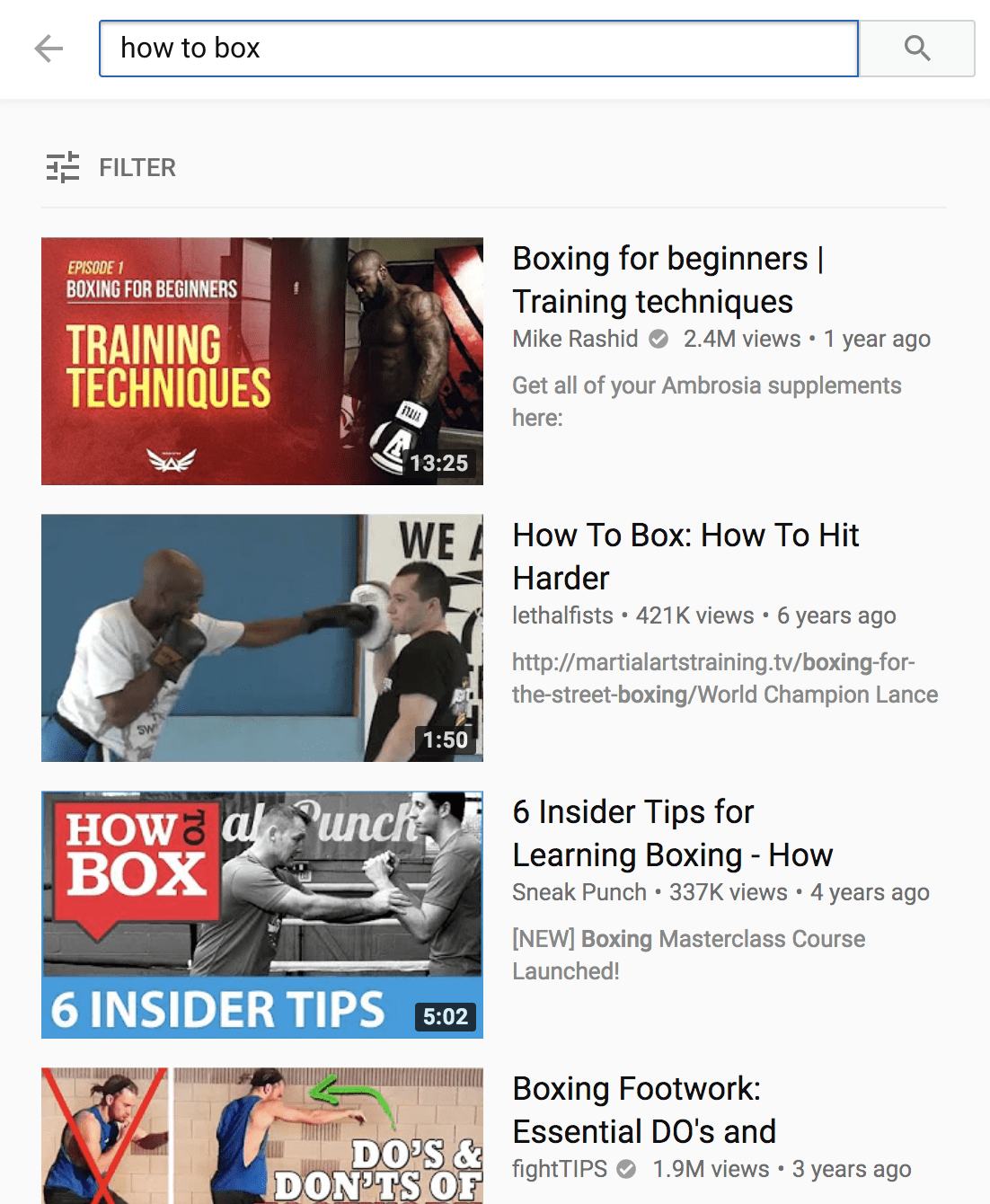Genius Can't Be Taught
How To Use What You Already Know To Invent A Career

If society can train you to do something, it can train somebody else and replace you.
How are we supposed to escape this rat race?
One strategy might be this: combine valuable skills in a way that society doesn't yet know how to teach.
If we can combine a handful of skills in a way that the world hasn't quite seen before, and it just so happens that the combination is valuable, we get to reap all the rewards until society catches on and boils what was once our genius into a curriculum and a "career path."
This is in contrast to our more natural tendency to look at what skills the world is hiring for today and reshaping ourselves accordingly.
Even a 22-year-old Hunter S. Thompson insisted we resist this urge:
“Let’s assume that you think you have a choice of eight paths to follow (all pre-defined paths, of course). And let’s assume that you can’t see any real purpose in any of the eight. THEN— and here is the essence of all I’ve said— you MUST FIND A NINTH PATH.”
Our quirks can be strengths
At some point, many of us have probably faced the proverbial - or literal - bully who has mocked or trivialized something that makes us stand out.
In my case, a bully in middle school preyed on the fact that I was overly-friendly and physically incapable of defending myself; I was "soft," as the youths say. He would threaten to beat my ass if I didn't give him my lunch money each day.
Instead of starting to lift weights so that I could be the one smashing faces in, I doubled down on the exact things he hated (my ability to connect with people) and ended the year with an alliance of thugs-turned-friends who defended me and forced this douche canoe to set his sights elsewhere.
"Quirks" are often rare skills in disguise.
We all have potentially valuable quirks
Imagine for a moment that you're a salesperson who can write well. Or a software developer who loves design. Or an operations guy who's a talented DJ. Or a climate scientist who can give a presentation without sending her audience into REM sleep. Those are all rare combinations of skills that could lead to some magical places.
A salesperson who can write well might escape the most crowded sales channel - taking clients out to drinks - and instead close a huge deal in a persuasive email that pierces through the sea of bullshit their peers are trapped in. Maybe the DJ COO could write a song every quarter that'd be entertaining enough to make people care about boring but important stuff. And so on.
Far from being static, the games we find ourselves in can be reshaped depending on the skills, talents, and personalities of those playing them.
All of us have a unique skill salad - a "skill stack" to rip off Scott Adams' terminology - that we can cultivate if we're willing to look inwards, find a few magic ingredients, and stay committed to nurturing and growing what we find even if we're not seeing any job descriptions that fit the bill yet.
Quote From Smart Person That I Probably Could Have Just Shared And Skipped Writing The Previous Section Altogether
“Those qualities that separate us are often ridiculed by others or criticized by teachers. Because of these judgments, we might see our strengths as disabilities and try to work around them in order to fit in. But anything that is peculiar to our makeup is precisely what we must pay the deepest attention to and lean on in our rise to mastery.”
- Robert Greene
Turning quirks into superpowers
Assume for a moment that you have a hunch on what your skill salad looks like. You're pretty good at a few things and have a gut feeling on how they might be combined into something valuable. What do you do next?
Improving each individual skill is straightforward enough. If you want to get better at boxing, just go find a gym, hire a trainer, and spend your spare time watching boxing videos on YouTube. It might take a while, but there's a known path to nailing down the basics.

But, what happens after you've become a decent fighter? You're ready to synthesize some of your other talents and create a unique fighting style. Surely there's some curriculum that can take you from competence to mastery?

Nope.
Unfortunately, mastery doesn't appear to be an emergent property of building up various hard skills on their own. We have to go a step further and continually experiment with how to best synthesize our seemingly unrelated talents into a cohesive whole.
Tim Urban from Wait But Why didn't just get good at writing and then get good at drawing comics and all of a sudden give birth to his incredible blog. Instead, there's a theme of trial-and-error in his work as he's combined the two skills, eventually culminating into the genre he's known for today.
So to become great at something new, we'll need to figure stuff out on our own and leave the comfortable world of structured learning. We must enter the hairy, ambiguous, no-handbook dimension of knowledge formation known as “unstructured learning.”
Welcome to hell: unstructured learning
Unstructured learning lacks a clear curriculum. There are no exercises with pass/fail criteria, nor a handbook on how to move from the basics to mastery. It’s arguably the hardest kind of learning, but it's likely to pay the greatest dividends. After all, knowledge that can be distilled into a curriculum can be taught to somebody else who's smarter and cheaper.
How are we supposed to learn something that can’t be taught?
Unstructured learning by definition does not have a how-to manual. So rather than pretend I know how to best navigate the murky road towards carving out a valuable niche in the universe, I feel compelled to do two things:
1. Acknowledge that unstructured learning exists.
Unstructured learning is a thing and it's required for doing anything remotely interesting. Maybe everybody already knows that, but there can be value in reminding ourselves of the obvious; in this case, that originality is always preceded by ambiguity.
2. Share a few nuggets of wisdom that seem relevant for those inclined to venture into the unknown.
You’re going to need to get good at learning stuff that no one can teach you. Here are a couple of suggestions:
Big Idea #1: You Have To Fight For Your Knowledge
You're not going to learn much if you view knowledge as something that schools, bosses, mentors, family members, and the universe owe you. That's lame and false.
Knowledge is more like the last helicopter out of 'Nam. You'd better go find it and fight like hell for your seat.
Unfortunately, most of us don't fight for our seat on the proverbial knowledge-copter. If we don’t understand something after our first question, we give up. We figure that maybe we don’t deserve to know. It's tragic, of course, because we do.
“Learning is sacred and everyone deserves it. That includes you.”
Big Idea #2: Short-Term "Stupidity" Is The Key To Long-Term Mastery
We spend much of our lives in systems that reward the appearance of competence, which makes sense most of the time. Schools probably shouldn't give A's to kids who answer every question with "I have no clue" and companies probably shouldn't promote people who don't know how to do their job.
But, one unintended consequence of constantly keeping up appearances is that we become terrified to look stupid. People who show vulnerability or admit ignorance get stepped on, or so we tell ourselves.
Looking stupid in the short term, though, is the exact thing we most need to do to accelerate our learning. Our job is to eliminate our ignorance as quickly as possible and there are fewer faster routes than asking obvious, “dumb” questions early and often.
Doing this might come with short-term social consequences, but what's worse over the long term: looking dumb or actually being dumb?
"But my skill salad can't make money"
Okay, assume you've gotten this far. You're ready to blaze a new path and show the world your genius. There's just one problem: it's not immediately clear that you can make money from what you're good at.
That's a valid concern, but I implore you to at least consider the following case study:

In conclusion...
"Jesus Christ, this is a long post. We gonna wrap this up anytime soon?"
Alright, so there you have it. A whole bunch of repurposed thoughts on why blossoming into a unique butterfly might not be a terrible life strategy and how you might be able to navigate the inevitable ups and downs required to get there.
This is obviously just one of many ideas on how to build a career and life, though, and I won't pretend that it's complete, or right for everybody, or even terribly practical. But if you've made it this far, I hope you'll at least consider looking inwards and figuring out the things that only you can do.
It'd be pretty messed up if you didn't share your genius with the rest of us.
Footnote: Another excellent life strategy is having a rich uncle die and leave you a fortune. That strategy has a 100% success rate and if you can pull it off, you should. I repeat: if somebody wealthy is planning to give you a large sum of money, don't waste your time building up a skill salad; just kick back and don't screw it up.

